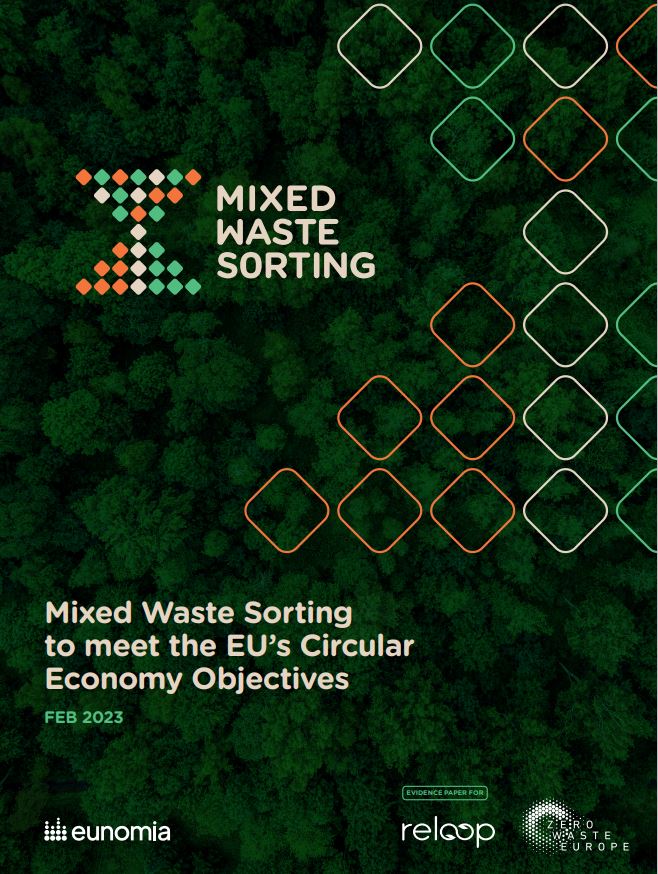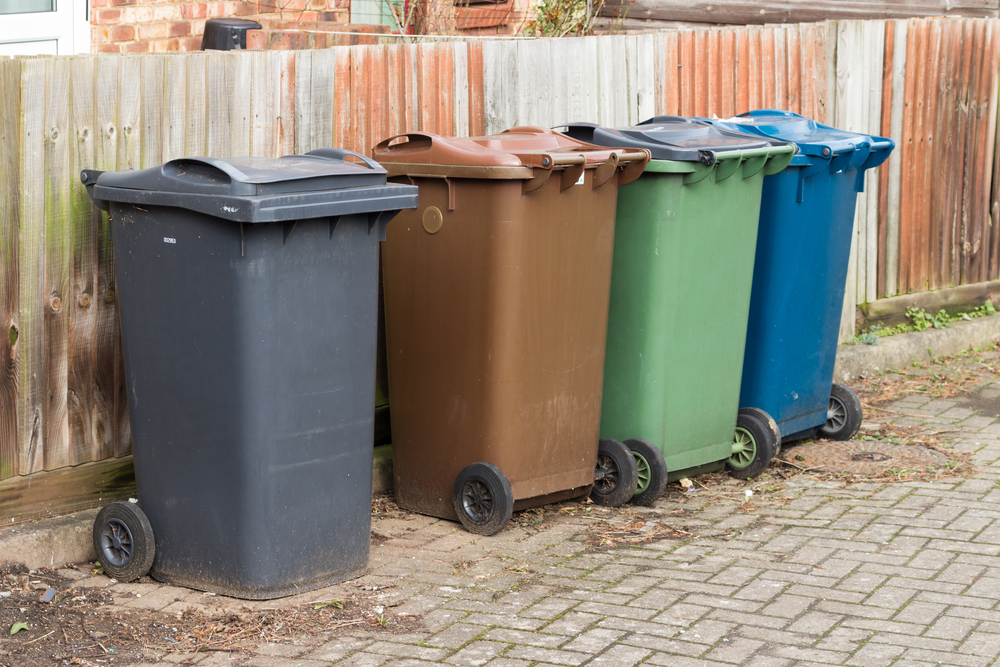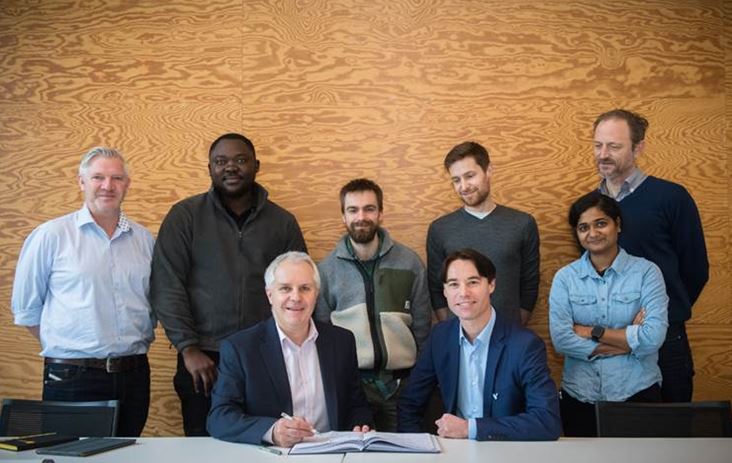Brussels-based FEAD represents 19 national waste management federations and 3,000 waste management companies.
It hit out at a report published by Eunomia on 16 February, which said that mixed waste sorting is likely to be necessary to reduce greenhouse gas emissions and improve recycling rates in line with the EU’s circular economy goals (see letsrecycle.com story).
According to FEAD, this message is “dangerous” as it “undermines years of awareness raising and investments made by the sector to implement and ensure the functionality of source separation of municipal waste by our citizens”.
Source separation involves separating waste into common material streams or categories for separate collection.
A spokesperson from the group, which counts the Environmental Services Association as a member, said: “Source separation is mandatory under the Waste Framework Directive precisely to ensure quality recycling.
“Consequently, separately collected waste shall not be incinerated nor landfilled. Exceptions to separate collection are possible in specific circumstances, and only then, a prior mixed sorting system should play a role. FEAD strongly supports the improvement and increase of ‘source separation’ as the most efficient and effective way to ensure quality recycling.”
This is a dangerous message as it undermines years of awareness raising
- FEAD
Report

The endorsement of municipal waste sorting – which involves removing recyclables from what would otherwise be counted as residual waste – came in a Eunomia report for the Zero Waste Europe and Reloop organisations.
The pair are preparing their input to a European Commission review of the Waste Framework Directive.
Three EU countries with high recycling performance were studied – Germany, Belgium, and Sweden – and it was concluded that, in addition to separate collection and improved recyclability of plastic packaging, a full roll-out of effective municipal waste sorting “is likely to be necessary to ensure that recycling targets are consistently met and to ensure progress towards the EU’s wider carbon emissions reduction goals.”
‘Silver bullet’
The response from FEAD came in a strongly worded statement on 17 February.
FEAD explained that in addition to source separation, the implementation of mandatory deposit return schemes in the EU is foreseen in the Commission’s proposal to revise the current Packaging and Packaging Waste Directive.
“This will already prevent the biggest part of effectively recyclable waste from being incinerated or landfilled, as will be the case of PET bottles or aluminium cans, which may still be found in mixed municipal waste streams as common ‘to-go’ consumables,” FEAD explained.
It added that using the example of Germany, “where the separate collection rate is one of the highest in the EU”, the study “itself determines that further improvements in plastic packaging collection rates are difficult to achieve”.
‘Holistic’
Claudia Mensi, FEAD President said: “FEAD considers the holistic approach to policies in the waste sector to be of paramount importance. The diversity within the EU and within the Member States and the related environmental impact, that such proposals could have, are often overlooked. The installation of mixed municipal waste sorting systems prior to incineration or disposal may be a solution only in specific local circumstances where source separation cannot be implemented with the necessary standards. For the rest, our citizens’ participation via source separation will always be preferable.”












Subscribe for free